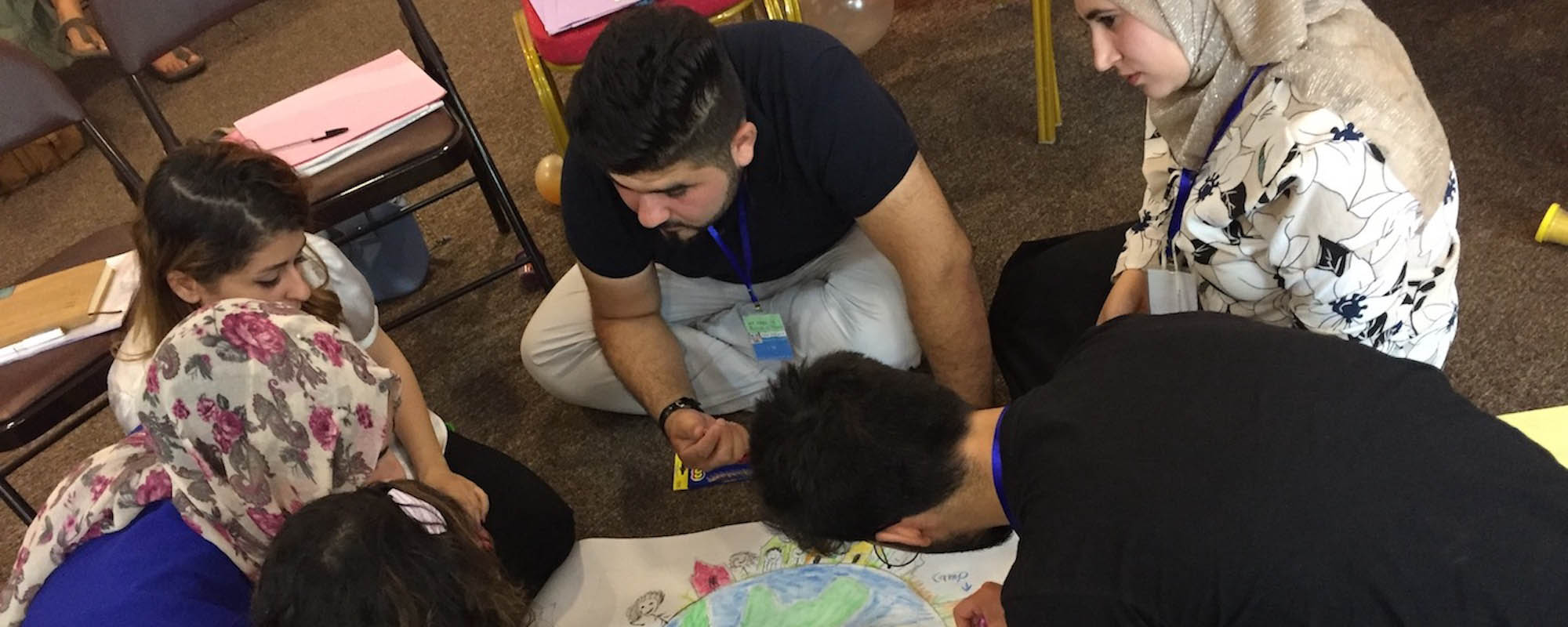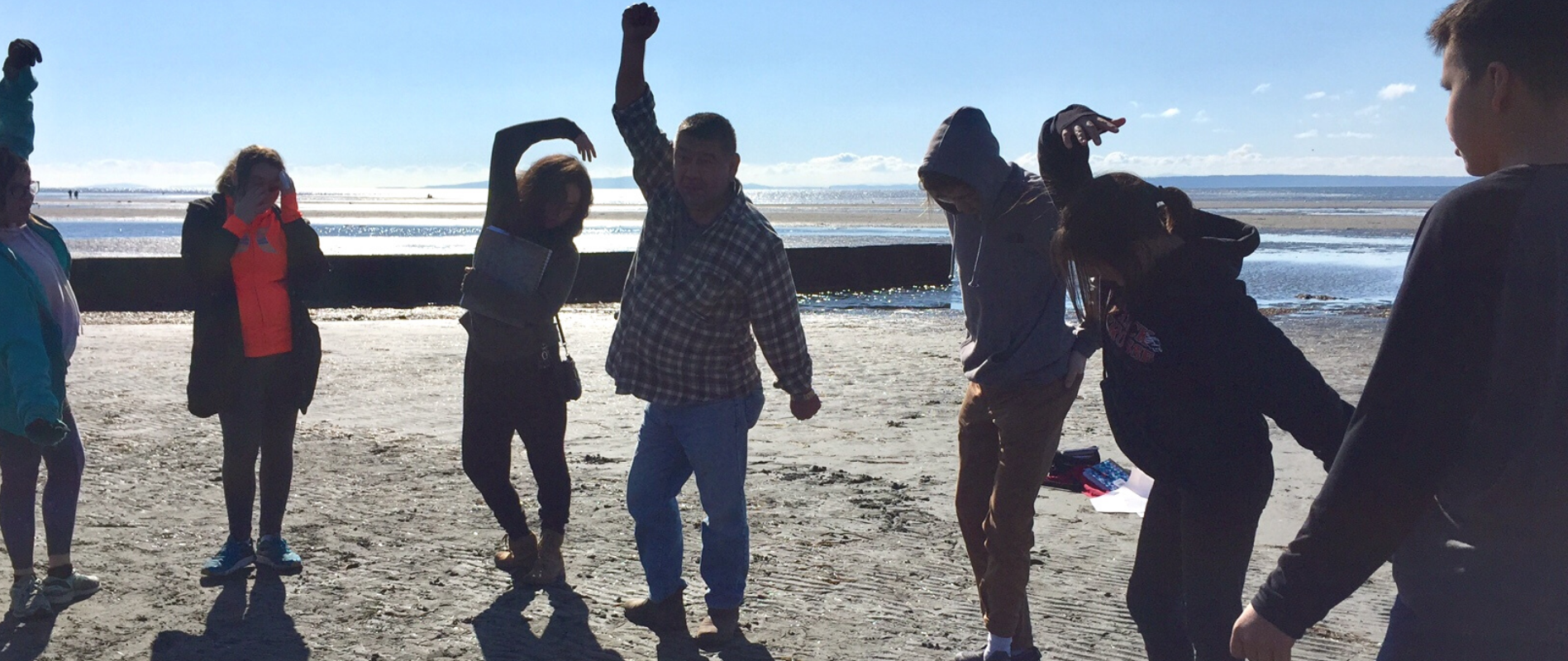The African Network for the Prevention and Protection against Child Abuse and Neglect (ANPPCAN), in partnership with its national Chapters in Africa and the support of partners, organizes bi-annual conferences on Child Abuse and Neglect on a selected theme on child protection. In October 2014, ANPPCAN will hold one such conference on Child Abuse and Neglect on the theme “Child Labour in Africa while Revisiting the Role of Education in Eliminating Child Labour.” The struggle to eliminate child labour has continued to be a momentous challenge, especially in the developing world. In these countries, there seems to be difficulties even in defining what is considered child labour.
With the World Health Organization’s efforts in the 1980’s, the International Labour Organisation (ILO) became a partner which moved child labour to greater heights starting from the early 1990’s. Since then, ILO through one of its effective programmes, better known as the International Programme for the Elimination of Child Labour (IPEC), targeted Africa with massive programmes to fight child labour. ILO/IPEC has mobilized governments with their social partners, namely, workers and employers’ organizations to fight child labour in Africa. The civil society and faith based organizations have not been left behind. The media, teachers and children themselves have also been brought on board to fight child labour. Key United Nations agencies, such as, the United Nations Children’s Fund (UNICEF), World Bank, Save the Children Alliances, Plan International, among others, have also joined the fight. Thus, the multi-sectoral approach has favoured most of the efforts to fight child labour globally.
Professional groups such as the International Society for the Prevention of Child Abuse and Neglect (ISPCAN) have made their contributions as well. Other efforts have included Global March against Child Labour in the 1990’s which mobilized civil society organizations to fight child labour and made their contributions towards the development of ILO Convention 182. On a historical perspective, workers unions made significant contributions in the process to eliminate child labour in Western Europe, in particular. The impact of child labour on children has been well documented during this period. Apart from denying children their rights, especially, the right to education, child labour perpetuates poverty as it denies children opportunities to get education and acquire skills that they could sell during adulthood. So children remain underdeveloped and condemned to lowly paid jobs. It is now apparent that many of the children end up in exploitative and abusive situations, which only manage to destroy their future. Nations also do not benefit from under developed adult labour force having failed to access education and skills. Efforts during the two decades have led to the identification and documentation of good practices, formulation of policies and laws making governments initiate access to basic education which has witnessed many children being enrolled in school and others being removed from the worst forms of child labour and returned back to school or enrolled into vocational training. Furthermore, the last two decades have been marked by sustained global and national efforts to combat child labour in Africa. About the Conference The purpose of this Conference is to take stock of child labour in the continent while revisiting the role of education in eliminating child labour. It also provides a platform to share and learn from experiences of the many efforts to combat the vice in the past 20 years. The conference offers an opportunity to review what has and what has not worked during the 2 decades, with the ultimate goal of learning from the experiences while identifying and selecting strategies that can be scaled up. It also attempts to look at a historical perspective of child labour and bring out good practices at that time, especially, those related to the provision of basic education.
Specific Objectives
• Provide an opportunity to review and deliberate on past, present and future actions to combat child labour
• Provide an opportunity for sharing efforts from countries where child labour has been effectively eliminated
• To share and learn from each other and build synergy with the ultimate goal of eliminating child labour in the continent
• To critically review the provision of education as a strategy to eliminate child labour in Africa
The theme: Taking Stock of Child Labour in Africa while Revisiting the Role of Education in Eliminating Child Labour Sub-Themes
• The role of education in eradicating child labour
• What history provides on child labour
• Role of governments and trade unions in eliminating child labour
• Experiences in enforcement of laws and policies in combating child labour
• Eradicating child labour through area based programmes
• Socio-economic factors in child labour efforts
• Contribution of research to combat child labour
Who to attend
The conference targets an estimated 350 delegates from government departments, universities and research institutions, workers and employers’ unions, non-governmental organisations, faith based organizations, among others. The delegates to the Conference will be coming from Africa, North and South America, Asia, Australia and Europe. Delegates Registration Delegates wishing to take part in the conference can register using the online registration form or use the downloadable and fill-in form available on the website. Delegates will pay a registration fee to cover for the costs for conferencing as shown below.
Kenya students - USD 20
International students - USD 50
Kenya delegates - USD 100
Delegates from Africa and other developing countries - USD 150
Delegates from the rest of the World - USD 200
Further details of the registration fees are found on the Delegate Registration Form.
Delegate Registration Form
Call for Abstracts
The Conference organizers are pleased to announce the Call for Abstracts. Abstracts focussing on any one of the conference themes are invited. Specifically, abstracts are invited from interested individuals, experts, researchers, academic institutions, government departments, local and international organizations.
Format of the abstract
a) Abstract title and author(s) details b) Introduction c) Background d) Objectives e) Programme descriptions and methodologies g) Lessons learnt and recommendations/ way forward Guidlines for abstracts A set of guidelines on the submission of abstracts has been provided. Authors of abstracts are advised to read the guidelines to ensure that their abstracts are in accordance with the set guidelines. Abstracts will be submitted through an online system on the ANPPCAN website or downloadable and fill form. Abstract Review and Notification All abstracts submitted will go through a peer review process by an independent review panel. The panel will consist of members from the co-host organizations and other leading subject experts to be identified from the partners’ networks.The conference seceratariat will give feedback on the abstracts within 14 days of submission. All accepted abstracts will appear in full form in the abstracts book and will be available at the conference. Abstract submission will open 1 February 2014. Abstract Submission Guidelines and Form Format of the Conference The Conference will be in the form of plenaries, parallel sessions or workshops, seminars and panel presentations, resource Fair (exhibitions) and posters. Space / Exhibition Booths There will be exhibition spaces for interested organizations to exhibit and/or sell their products and merchandise. Organizations are invited to book space to display/ sell merchandise to the conference delegates.
The African Network for the Prevention and Protection against Child Abuse and Neglect (ANPPCAN) ANPPCAN Regional Office P O Box 1768 - 00200 Nairobi, Kenya Tel: +254 20 3873990/3861086/3876502 E-mail: info@anppcan.org, regional@anppcan.org Web: www.anppcan.org






